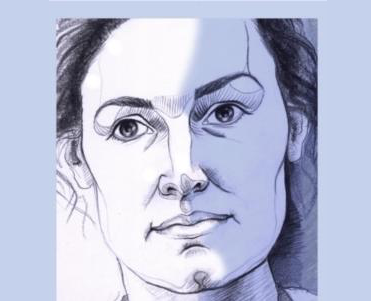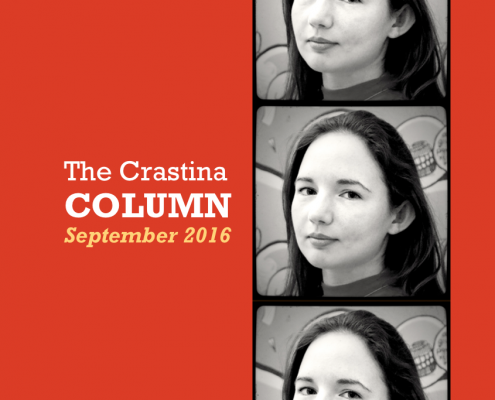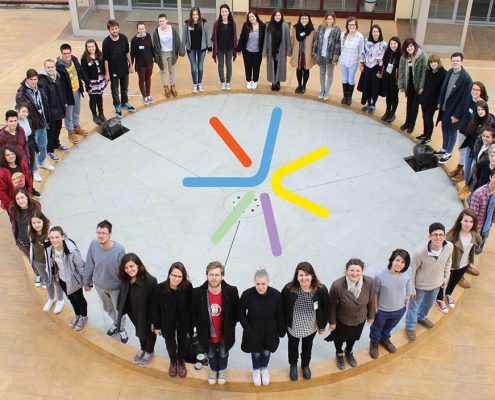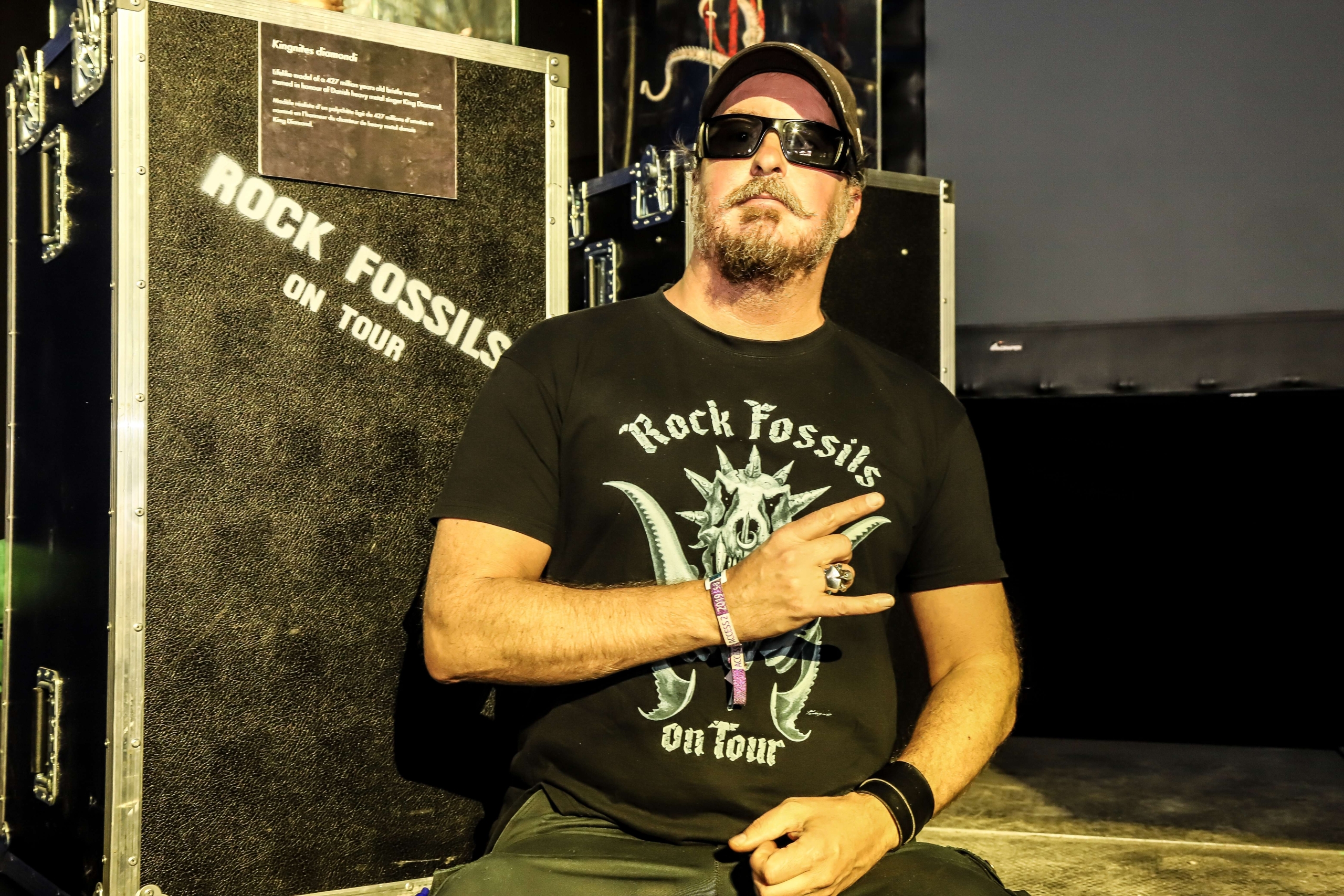Crastina is a platform for the exchange of experience, knowledge and inspiration regarding both scientific peer-to-peer communication and science dissemination
- What? An international network of (mostly young) people who love to communicate science & tech.
- Why? We think science needs to be communicated with more passion and professionalism.
- Where? On our website with interviews & resources + on social media + on Skype and IRL.
- Who? A content group (the Crew), a think tank (the Academy), + lots of friends & contacts.
- When? Right now – as a matter of fact, we’ve just geared up.

How to create clear and attractive graphs/illustrations?
Pieter Torrez from Crastina and Scigrades had a quick chat with former scientist-turned-scientific illustrator Agnieszka Kawska who is the main author of the guide "Graphic design for scientists and researchers” . This free guide contains…

The Crastina Column, September: Shining a light on the dark art of animation
Video and animation are becoming more and more useful to explain complex and minute features of science. Claudia Stocker of Vivid Biology – “a Design studio for cutting edge Science” – explains why active scientists shouldn’t be afraid…

Petnica Science Center- a gemstone in the heart of Serbia
Founded in the Yugoslav years, Petnica Science Center keeps inspiring and educating generations of Serbian high-schoolers. Aleksej Drino, Ph.D. student at the University of Vienna, gives a homage to “ the place I truly belonged to”.
The…


















